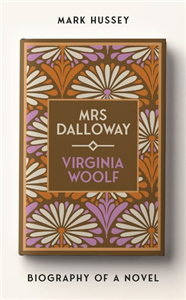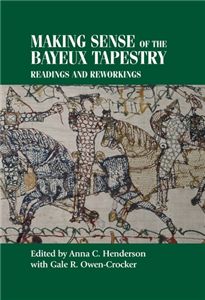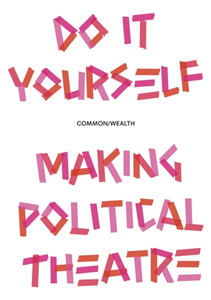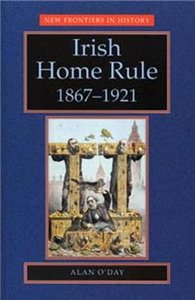Sri Senbaga Pathippakam
Sri Senbaga Pathippakam is one of the best publishers in Tamil language. We have published more than 1000 titles including ancient Sangam Tamil literature, research books in Tamil literature and language, mythological books, historical fiction and non-fiction, short stories, cooking books, etc. We also specialize in books for children, bilingual and trilingual dictionaries for the reference of students and general public. We publish Sahitya Academy & Tamilnadu government award winning books. One of our renowned books, 'Thirukkural', a scripture common to every walk of human life irrespective of gender, race or community is a must read for everyone on this planet. It is published in various sizes and design. 'Oviyakkural (Thirukkural with paintings)' portrays Tamil tradition and culture through paintings. Our religious publication about Vainavam and Saivam is popular among scholars. 'Kambar Kavi Inbam' portrays the beauty of poetry as described in Kambar's Ramayanam in Tamil language.
View Rights Portal
























